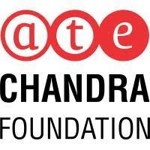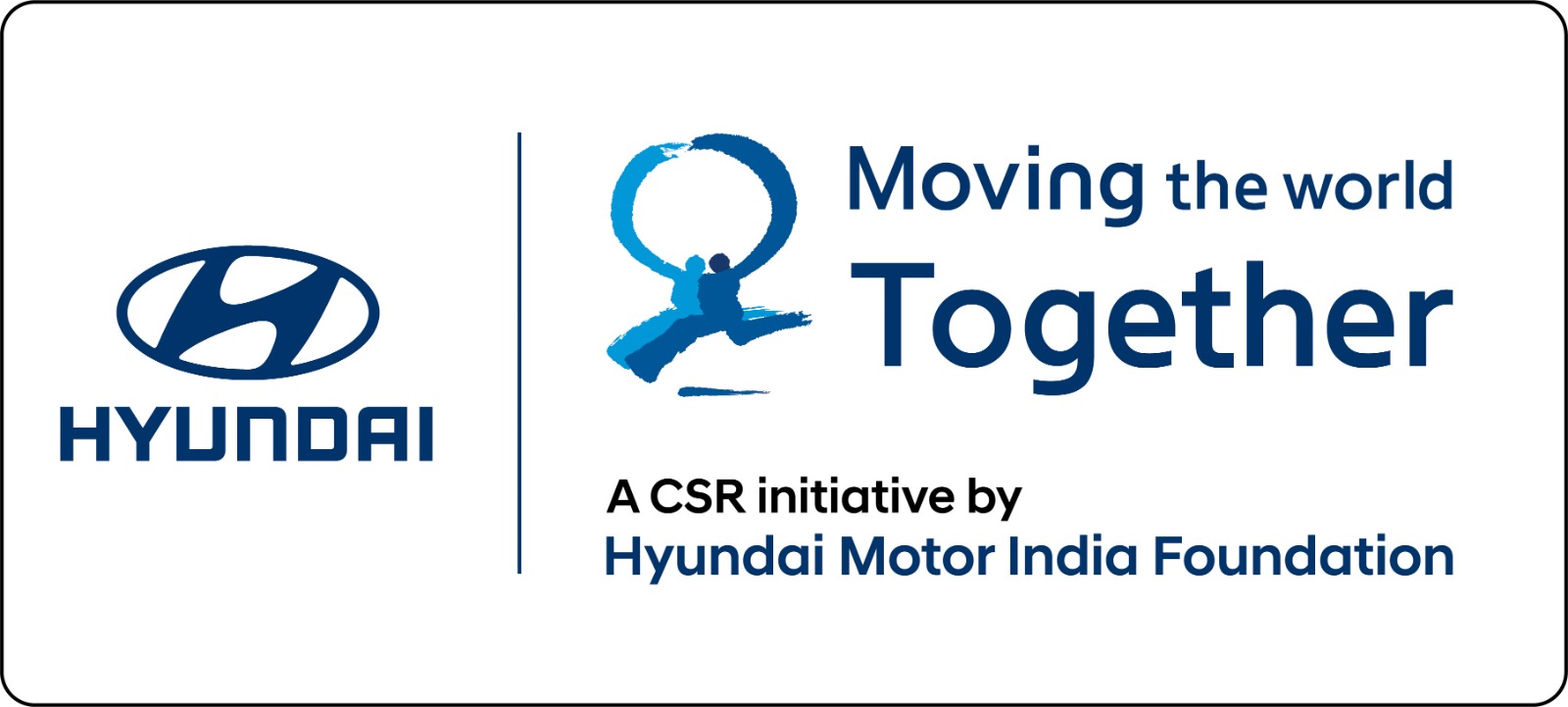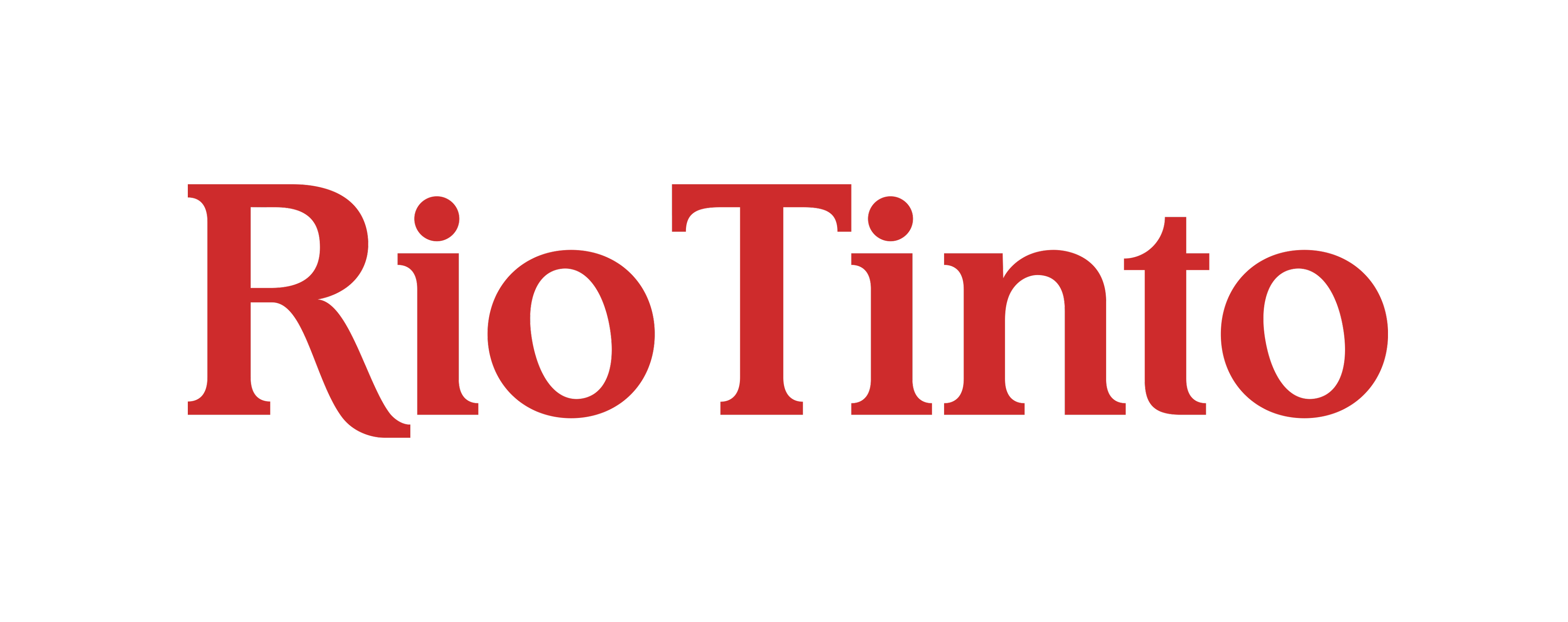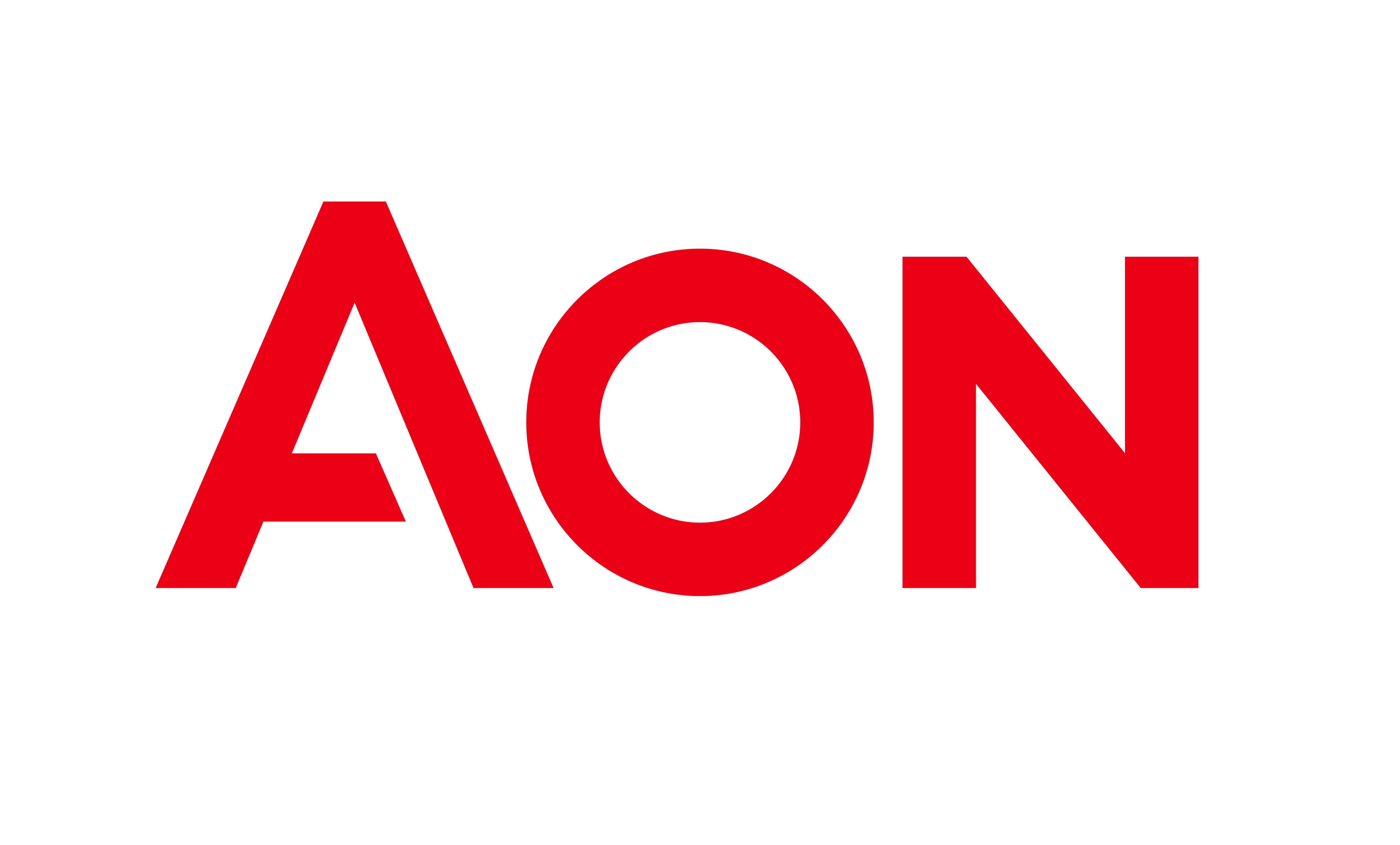In the weekly edition of the UN Sustainable Development Solutions Network (UN SDSN) Members Interview Series, Radhika Ralhan from OneStage Indiagives UN SDSN some insights on her work and advancing the engagement of national stakeholders on the SDGs. Radhika is an Advisor to OneStage, and heads the unit titled Innovations for Exponential Impact. You can find the interview transcript below:
Radhika, could you briefly introduce yourself and your organization to our community? What are your thematic foci areas?
I am a sociologist (M.Phil in Sociology), and my research on the sociology of food was instrumental in transcending my academic learnings onto the field of sustainability. I began working on exploring sustainable food service systems in India within the European Commission Project “LeNS – Learning Network on Sustainability” at the prestigious Indian Institute of Technology (IIT Delhi). It was within this multinational, multistakeholder consortium of designers, social experts, and researchers that I became really interested in the convergence of multi-disciplinary approaches, experts, and perspectives to create sustainable solutions. At this early point in my career, I realized that partnership and working in a multi-stakeholder environment is the way forward. In my current capacity, I am heading the unit Innovations for Exponential Impact (IEI) which is unconventionally conjoining various elements of philanthropy, design for sustainability, corporate social responsibility, policy, advocacy, strategic advisory and the Agenda 2030.
“We want the responsibility of projects to be in the partners’ hands. Most of the work is done by them, so why don’t they govern it?”
OneStage has provided support to the marginalized societies to improve their socio-economic conditions for two decades through making local NGOs more effective and successful in their work. What are your major takeaways from this work and where do you see clear local characteristics to it?
We work across 23 states in India with more than a thousand local NGOs. In our experience, the focus today is too much on supporting project-based partnerships, rather than strengthening grassroots-level institutions as such. The former has many weaknesses as the entire collaboration dies out after a set timeline and fixed funding, limiting the scope of replication and objective evaluation. OneStage works in a unique model where it is our local partner that assigns priorities as per the issues of the community and the region – and as such has the complete ownership of the development agenda.
In other contexts, a usual scenario is that a local partner and a funding agency will jointly develop a strategy but the funding agency is ultimately in charge of the final parameters. We have tried to assess our partners without any autocratic control, but are rather overseeing, monitoring and supporting them in their work. We want the responsibility of projects to be in the partners’ hands. Most of the work is done by them, so why don’t they govern it? It is our mandate to extend and enhance the giving space by developing a self-reliant structure and extended ownership to our local and grassroots-level institutions in India.
In your opinion, what are the major issues and challenges of NGO activity in India? What are internal, what external factors?
With a vibrant civil society sector, India hosts a wide typology of NGOs. In recent times, questions on the intent, engagement, and commitments of NGOs in the development sector are being raised. In the Indian context, I feel that internal and external factors are intertwined. The most recent government monitoring on NGOs mentioned diverse kinds of noncompliance issues, such as the violation of the FCRA (Foreign Contribution Regulation Act) by most of the NGOs.
With the new CSR Law for companies, performance assessment of NGOs emerged for the first time. Many are implementing agencies of a private sector donor that now has to adhere to the CSR law. With diverse forms of operation modalities, NGOs now have to match their working pace, adhere to corporate reporting and monitoring mechanisms. Also, if we observe the funds spent on CSR, it is clear that most of them are being extended to well-established NGOs and not so much to rural, lesser-known NGOs. This is largely due to a poorly-balanced set of professional expertise in staff and the lack of strong marketing and outreach skills in these smaller NGOs who are devoid of basic support mechanisms. I also feel that in some cases, many NGOs need to stir things up, introspect and come out with a new set of strategies that will be essential in reducing their dependency on one type of donors and help them switch from grant-seeking to grant-making mode.
“This platform is one of the few democratic tools where the voices, perspectives, and issues of the most marginalized local NGOs can be brought forth at a global level.”
Where do you think a network like SDSN can help improve this situation?
A network such as UN SDSN is vital. Through technology and continuous outreach, it has managed to bring together communities, experts, researchers, development practitioners, and other stakeholders on one common and neutral platform. Therefore, this platform that is both contemporary and futuristic is one of the few democratic tools where the voices, perspectives, and issues of the most marginalized local NGOs can be brought forth at a global level. UN SDSN can leverage on this aspect and act as a connector between all country-specific NGOs to address, learn and act on solving local issues through global peer-learning approaches.
Now you are heading the Innovations for Exponential Impact unit within CAF. How do you account for exponential impact in your forecasts?
If we are to bring change it needs to be soon as ours is the first and the last generation that has come together to commit and implement the 2030 Global Agenda. The challenges that the world and India are facing call for scalability, incorporating quantifiable indicators and assessing impact at the national and global level (SDGs targets). My unit has already pursued this work with an underlying commitment to equity – a key collective impact principle. The SDGs Drivers’ Forum is based on this commitment – bringing all stakeholders to the table and designing a clear path for impact. Our knowledge of exponential impact is limited, and while optimistic accounts of impact reforms exist in abundance, insightful details about how organizations achieve it have remained rare. I aim to change – beginning with my humble unit and working my way up.
The SDGs Drivers Forum is one of the main pillars of your work, meant to build a community of individuals that are consciously working towards the SDGs in a local context. What was the rationale behind this project and how do individuals fit in the concept of exponential impact?
The SDGs are a people-centered agenda with a mission to empower every individual in the most equitable manner. The SDGs Drivers’ Forum builds on this and is a first of its kind strategic action group with the objective of engaging the Indian industry with other stakeholders in the process of advancing the SDGs in India on an equitable level. The role of an individual is thus crucial in this process – and the Forum aims to identify and win over those motivated individuals belonging to senior management level of corporations who will be key in driving this agenda in the private sector. It is only through the active participation of them that we will be able to create true impact and options for upscaling. And so, it is my constant endeavor to make the SDGs a ‘good business proposition’ to achieve maximum impact – to convince companies to transform their core business activities into ‘good business’, showing them how their ongoing sustainability activities are contributing to the targets of specific goals.
“The success of the SDGs is dependent on India’s performance – if India fails on the SDGs, the world fails on the SDGs.”
The first Forum focused on SDGs 2 and 4. What are concrete action points that need to be taken to achieve these for India and where would you say could you use input from other SDSN Members?
The SDGs Drivers Forum is also focused on SDG localization, and some of the key takeaways are that the SDGs, their targets and respective indicators need to be taken very seriously in this country. This is crucial, as the success of the SDGs depends on India’s performance – if India fails on the SDGs, the world fails on the SDGs. Secondly, in the private sector, the SDGs must be adopted right at the policy level of the company. Thirdly, some targets must be prioritized with respect to the national context for e.g. OneStage works on 2.1, 2.3 and 2.4 which are critical for India. Finally, the forum is oriented to release an SDG Compendium Toolkit – comprising innovate practices implemented by India Inc. on addressing diverse SDGs.
Let me add that OneStage is a part of Global Alliance working in eight countries: In 2018, our endeavor is to touch upon other goals, and we invite UN SDSN members across the globe to provide their substantive input on SDG 7, 11, 12, 13, and to take the SDGs Drivers Forum to their countries.
“With its formal legislation on CSR, India has demonstrated its commitment to bring in business as one of the legitimate stakeholders to comply, disclose and implement sustainable practices.”
Over the years, you have become quite knowledgeable when it comes to Corporate Social Responsibility. What is the state of CSR in India? What are some ways to improve it promptly?
As one of the few countries with a formal legislation on CSR, India has demonstrated its commitment to bring in business as one of the legitimate stakeholders to comply, disclose and implement sustainable practices. CSR is now moving from backroom to boardroom, focusing on shifting from unilateral trajectories and one transactional approach towards achieving a holistic and maximized impact over time. Still, Indian companies need to be more aware of contemporary global and national developments, have a diverse CSR team, be strategic in their approach and identify those potential CSR areas that constitute as priority intervention areas of the region and its people.
India will soon be implementing CSR Standards in the country, and OneStage CEO Ms. Meenakshi Batra has been entrusted by the Bureau of Indian Standard, Ministry of Consumer Affairs, to convene this significant panel. I am one of the few drafting experts formulating the standards. It is the most significant step in providing a framework to establish and implement a CSR management system within companies that will be assessed on what constitutes a good CSR policy, ideal mechanisms of CSR planning and implementation against diverse indicators.
What is your pitch for aligning sustainable development with the core business strategy? To what degree can a paradigm shift in India help with SDG achievement?
Incorporating all dimensions of sustainability into the core business strategy is an ideal approach to mitigate a company’s overall risk to the environment, social and economic contours. I strongly feel that companies have now realized that an evolved sustainable business strategy entails responsible investments.They now need to move from product-centered to service-system strategies. We have already seen a massive shift in the renewable energy space: There was a time when a company’s whole strategy was to simply distribute solar lanterns to people where there was no electricity. This was one of the most unsustainable, one-time, donation-oriented strategies – it failed. Now, with companies supporting a decentralized renewable energy system and integrating it with education, health, and empowerment, we are witnessing a shift in mindset towards impact-oriented solutions. Still, there is yet a long way to go, as the above are examples of advanced, global companies operating in India. The most impactful shift will happen when the unorganized sector and MSMEs – about 36.2 million in India – will adopt the principles of sustainable business practices in their policies and operations.
Is there anything else that you would like to share with the community?
I really like the UN SDSN Mobilize platform – we at OneStage are thrilled to be a part of it – the ability to connect, co-relate and co-create new ideas, forums, initiatives and be part of a global change is very exciting and fulfilling. In the coming year, we have a few interesting projects coming up – at the SDGs Drivers Forum, we are working on SDG 3 with a leading industry chamber. We will soon release the India Giving Index, and work extensively on SDGs and their relationship with the SME sector. We are open to collaborate on papers, studies, webinars and many more, so please do get in touch with us through this novel platform! We need to connect to collaborate!
About UN SDSN: The UN Sustainable Development Solutions Network (UN SDSN) has been operating since 2012 under the auspices of the UN Secretary-General. UN SDSN mobilizes global scientific and technological expertise to promote practical solutions for sustainable development, including the implementation of the Sustainable Development Goals (SDGs) and the Paris Climate Agreement. UN SDSN aims to accelerate joint learning and promote integrated approaches that address the interconnected economic, social, and environmental challenges confronting the world. UN SDSN works closely with United Nations agencies, multilateral financing institutions, the private sector, and civil society.
DISCLAIMER
The opinion and views expressed in this blog are purely personal. It represents my own thoughts doesn’t represent any people, institutions or organization that I may or may not be related with unless stated explicitly. This blog just provides a snapshot of the knowledge, views and opinions that I hold at a particular point of time and these might change over a period of time. My blog includes links to other sites/blogs operated by third parties. These are provided as a means of convenient access to you to the information/opinion contained therein. I am not responsible for the content/comments other than those made by me from therein. At last, I reserve the right to evolve my knowledge, thoughts and viewpoints over time and to change them without assigning any reason.
Search
Categories
Recent Posts
- A brief visit to a project site in Gurugram
- How was OneStage born?
- ‘The plight of people moved me, and the heroic efforts of frontline workers inspired me to support COVID Relief work’
- 7 ways to take care of your Mental Health during the pandemic
- 5 things you must keep in mind before forwarding information on COVID












.png)

.png)

